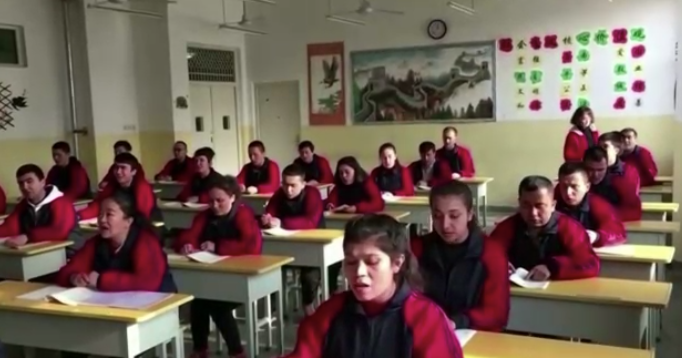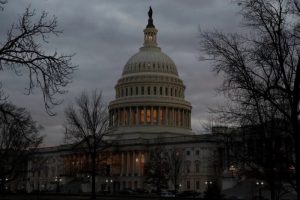The US House of Representatives passed legislation on Wednesday that would ban imports from China’s Xinjiang region over concerns about forced labour, as Washington continues its pushback against Beijing’s treatment of its Uyghur Muslim minority.
The House backed the Uyghur Forced Labor Prevention Act by an overwhelming 428-1. To become law, it must also pass the Senate and be signed by President Joe Biden.
China’s foreign ministry spokesman Zhao Lijian denied there was any oppression in Xinjiang.
“The US side concocted the lie about the so-called genocide in Xinjiang, which has long been punctured by the facts,” Zhao said.
Separately, US Senator Marco Rubio sent a letter to Brian Chesky, CEO of Airbnb, expressing concern about the company’s decision to list rental properties located on land owned by the US-sanctioned Xinjiang Production and Construction Corps.
Airbnb said it believes “China is an important part of our purpose to connect people from around the world.”
- Reuters with additional editing by George Russell
READ MORE:
Sinopec Starts Building Green Hydrogen Plant in Xinjiang
Banned Xinjiang Cotton Shows Up On US Shelves: WaPo
Airbnb files for IPO as short-term rental market rebounds





















